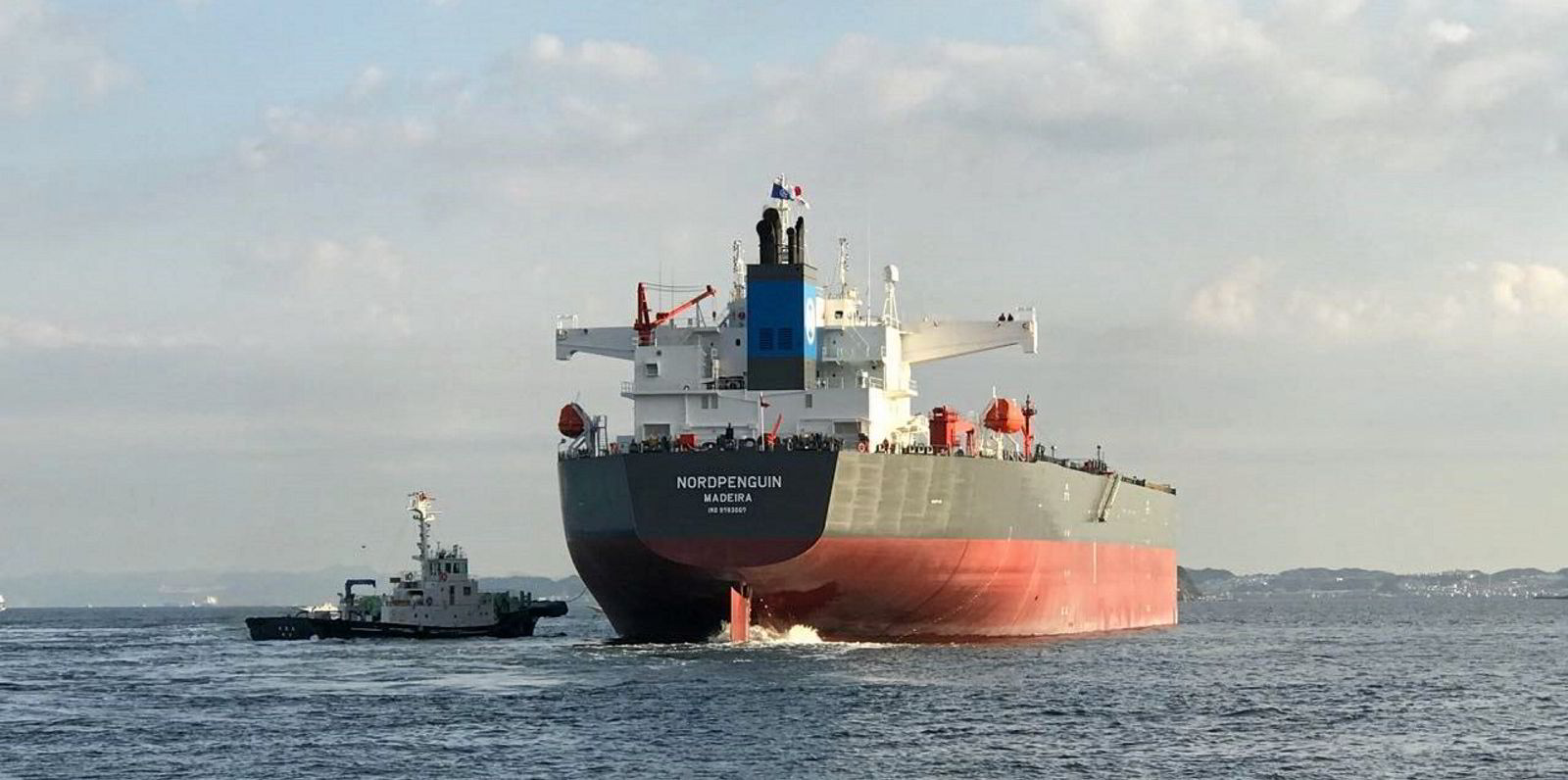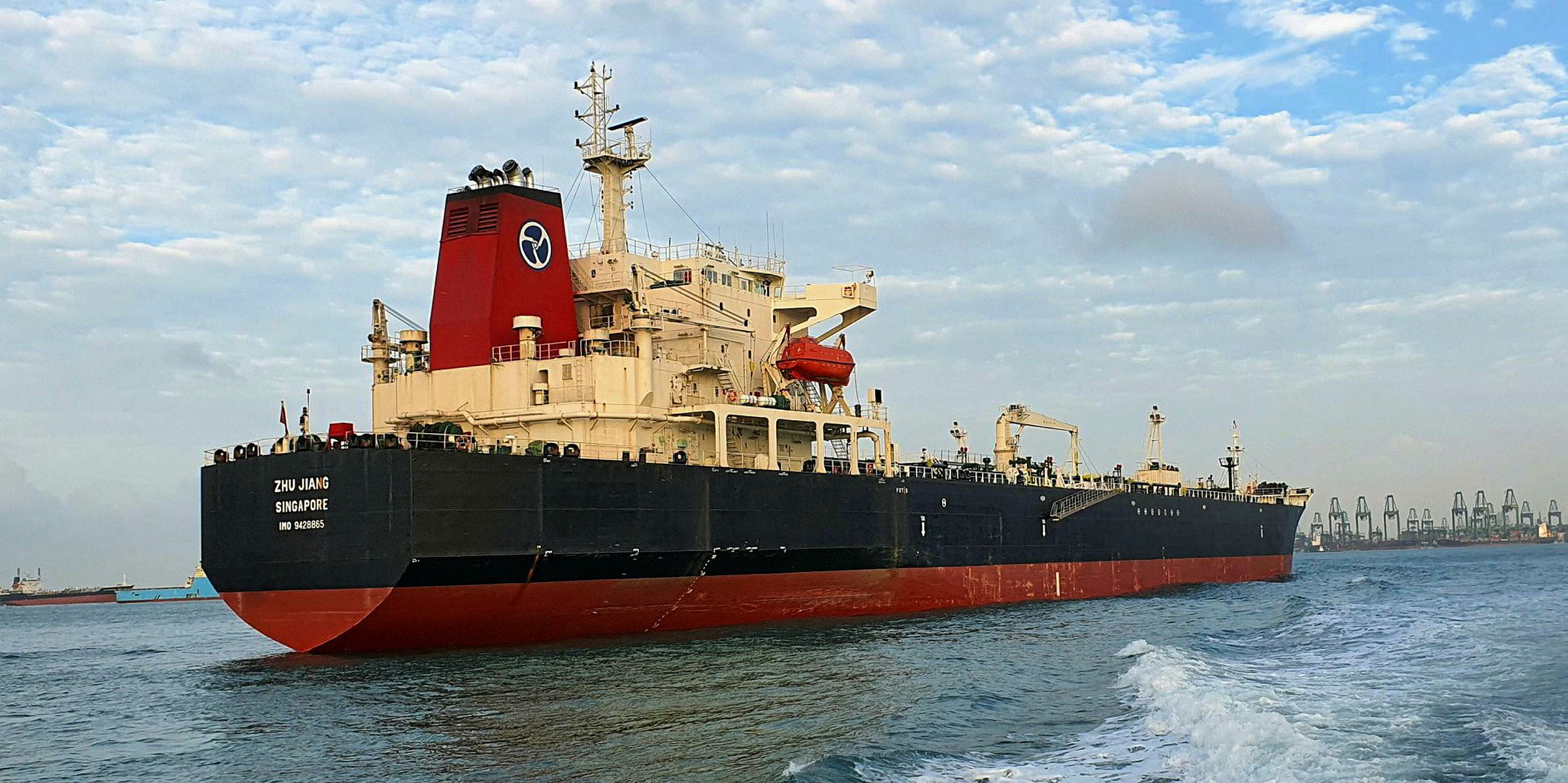Spot product tanker earnings in the Middle East Gulf (MEG) are enjoying a strong recovery lately, supported by the return of charterers and fewer ballasting vessels, according to market sources.
Fearnleys Securities estimates LR2 earnings on the MEG-Japan route at $11,280 per day on Friday, up 71.1% over the past week.
The strength has spilled over to the LR1 segment, where spot earnings, based on the Baltic Exchange’s assessment, rose by 23.7% on the same route.
Boosted by a tightening tonnage list, shipowners have been able to lift freight rates more than the increase in bunker price in recent days.
“This makes sense as there is a decrease in ships ballasting [there],” said a London-based broker.
Moreover, charterers are returning to the market in droves following a quiet period.
Fixture details
Kpler data shows eight LR1s and nine LR2s have been booked on voyage charters from the MEG to East Asia since Monday, compared with five LR1s and six LR2s between 2 and 6 November.
The figures include preliminary and finalised fixtures. Those vessels are generally scheduled to load naphtha later this month.
New York-listed Scorpio Tankers is among the most active owners in the trade, having fixed the 109,999-dwt Sti Condotti (built 2014), Sti Solace and Sti Guard (both built 2016) on Wednesday and Thursday, the data suggests. TradeWinds has approached Scorpio for verification.
Resilient margins
Asian petrochemical plants still have strong naphtha requirements for feedstock use, with resilient production margins despite the coronavirus pandemic, analysts suggested.
Meanwhile, naphtha production in Asia has fallen as refineries keep running rates low due to weak demand for middle distillates, supporting naphtha flows from the Middle East to the region.
The International Energy Agency has forecast total refinery runs in Asia and Oceania would reach 29.4 barrels per day (bpd) in the fourth quarter, compared with the 2019 average of 30.1m bpd.
“New lockdowns in Europe and elsewhere have further complicated the already precarious outlook for many refiners,” the OECD energy watchdog said in its latest monthly report.





